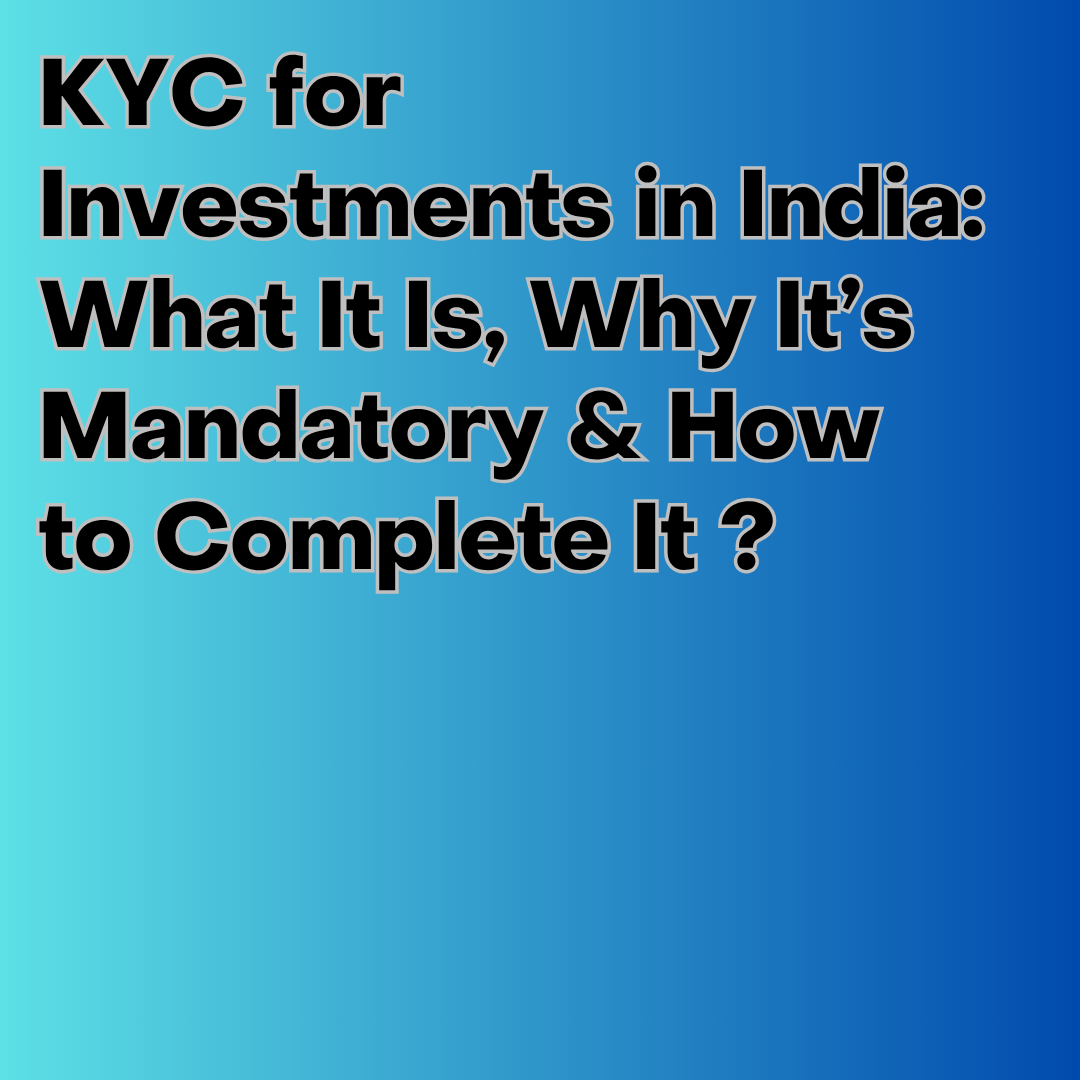- SENSEX 81463.09 -721.08 (-0.89%)
- NIFTY 50 24837 -225.1 (-0.91%)
- GOLD 97806 -920 (-0.94%)
- SILVER 113130 78 (0.07%)
- NASDAQ 21108.32 50.36 (0.24%)
- FTSE 9120.31 -18.06 (-0.2%)
- Nikkei 41456.23 -370.11 (-0.89%)
- Crude 5643 -7 (-0.12%)
- EURO 101.4745 0.02 (0.02%)
- POUND 116.0878 -0.04 (-0.03%)
- SENSEX 81463.09 -721.08 (-0.89%)
- NIFTY 50 24837 -225.1 (-0.91%)
- GOLD 97806 -920 (-0.94%)
- SILVER 113130 78 (0.07%)
- NASDAQ 21108.32 50.36 (0.24%)
- FTSE 9120.31 -18.06 (-0.2%)
- Nikkei 41456.23 -370.11 (-0.89%)
- Crude 5643 -7 (-0.12%)
- EURO 101.4745 0.02 (0.02%)
- POUND 116.0878 -0.04 (-0.03%)

Building wealth is not just about earning more — it's about managing your expenses, saving consistently, and making wise financial decisions. In a world of increasing consumerism and financial distractions, adopting a disciplined approach can lead to long-term financial independence. Here's a practical guide to help you spend less, save more, and steadily build wealth.
1. Track Every Rupee You Spend
-
The first step in spending less is understanding where your money goes. Often, we underestimate small, daily expenses that quietly drain our finances.
-
Use expense-tracking apps or a simple spreadsheet.
-
Categorize your spending — essentials, lifestyle, entertainment, and subscriptions.
-
Review your expenses monthly to identify unnecessary outflows.
-
Key Insight: Awareness creates control. When you see where your money leaks, it becomes easier to plug those gaps.
2. Differentiate Between Needs and Wants
-
One of the biggest barriers to saving is impulsive or emotional spending. Learning to say no to things you don’t truly need is essential.
-
Prioritize needs like housing, food, healthcare, and education.
-
Delay purchases that are based on desire or peer pressure.
-
Follow the 24-hour rule before buying non-essential items.
-
Key Insight: Every rupee you don’t spend is a rupee that can work for you through investing.
3. Automate Your Savings
-
If you wait to save after spending, chances are you’ll have very little left. Reverse the habit — save first, spend later.
-
Set up automatic transfers to your savings or investment accounts.
-
Start a SIP (Systematic Investment Plan) for consistent investing.
-
Use recurring deposits or sweep-in FDs to build short-term savings.
-
Key Insight: Automating savings builds discipline and removes the temptation to spend what you could have saved.
4. Build an Emergency Fund
-
An emergency fund protects your wealth from unexpected expenses and prevents you from dipping into your long-term investments.
-
Aim for 3 to 6 months’ worth of expenses
-
Park it in a liquid fund or high-interest savings account.
-
Avoid using it unless absolutely necessary.
-
Key Insight: A solid emergency fund gives you financial stability and peace of mind.
5. Cut Lifestyle Inflation
-
As your income grows, so do your expenses — unless you consciously control them.
-
Avoid upgrading your lifestyle with every raise.
-
Stick to your budget even if you can afford more.
-
Invest salary hikes or bonuses instead of spending them.
-
Key Insight: Wealth grows when your savings rate increases with your income.
6. Invest for Long-Term Growth
-
Saving alone won’t build significant wealth. Your money needs to grow through smart investments.
-
Diversify your portfolio across equity, debt, and mutual funds.
-
Consider goal-based investing — retirement, home, children’s education.
-
Reinvest returns for compounding growth.
-
Key Insight: Money that works for you is the foundation of wealth creation.
7. Live Below Your Means, Not Within Them
-
This is the golden rule of wealth building.
-
Adopt a minimalist approach to living.
-
Choose value over brand names and social validation.
-
Enjoy experiences and relationships more than material possessions.
-
Key Insight: Living below your means is not deprivation — it’s liberation from financial stress.
Final Thoughts
Wealth doesn’t happen overnight. It is the result of small, consistent actions repeated over time — spending wisely, saving diligently, and investing strategically. In today’s fast-paced world, those who master the art of living with intention and financial discipline are the ones who build sustainable wealth.
Start small. Stay committed. And watch your financial future transform.





























